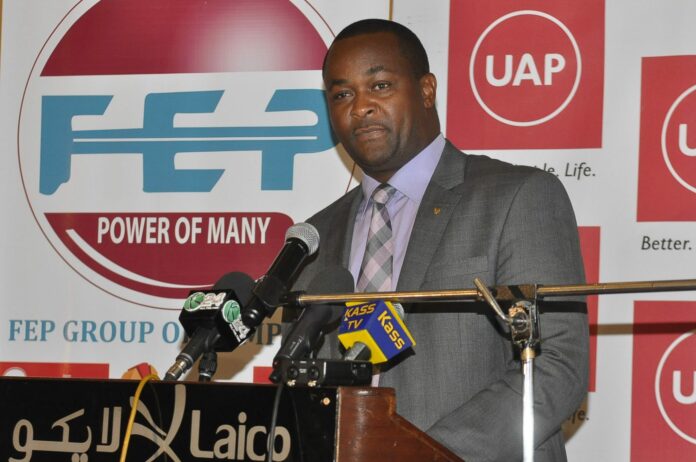A good read shared on social media…
The meeting was organized by Fountain Enterprise Program, headed by Arch. John Kithaka who is the founder and CEO. He says he was so ambitious from childhood that he joined the only secondary school he ever dreamt of joining (while everybody else selected 3 schools, he only selected one), went to the university, he dreamt of and pursued the career he ever wished for.
After becoming an architect (the only job he knew could make money without struggling) he realized that still, he didn’t have the clout and clamour of a billionaire. He wanted to make more money so he listed down 10 billionaires in Kenya. The likes of Njenga Karume, John Michuki, Chris Kirubi, Mwai Kibaki etc and embarked on a study of these people. His main aim was to discover what happened to them, when was their turning point? What did they discover? What do they do? What don’t they do?
Obviously, these are normal men, with normal upbringing and faced same challenges as their peers, but there came a time when they broke loose from their peers and ended up where they are. So in 3 years he tried and met 9 out of the 10 billionaires so to try and discover them. After interacting with them, he found 5 things about these guys which they have in common and has made them be where and what they are.
1. Numbers
They understand the power of many (numbers). The richer you are the further you go away from your business (the more you disassociate self from the business), but the poorer you are, the more you want to identify with your business. Successful business people do not have, ‘my business’ they have ‘our business idea’. That’s why when you go to a place like Silver Springs Hotel, chances are some employees there do not know who owns the place and have never seen him/her. When you go to a poor person’s business, that person is always there, worse even as the cashier, accountant, attendant etc. The trick of business success is in numbers not in self. As long as you have a personal business called ‘mine’ then be sure you are headed to poverty. People die but companies don’t die.
2. Borrowing
They are serious borrowers. Borrowing money is their cup of tea and their signature. If you have never borrowed money, you will never lend money. And can’t lend it if you don’t have it. A bank is a broker between the poor and the rich. The only place where the two meet is in the bank. The poor brings the money and the rich take it. A poor person saves the money because they have more money than their thinking capacity. So they keep the money in the bank and go and think what to do with it. Rich people come to pick that money because they have many ideas than the money they have. So they come to pick that money to go implement those great ideas. Only poor people operate savings and fixed deposit accounts. Fixed deposit accounts are for the living dead. People who undertake and commit that they will not think about any idea for that money until the expiry of that period of time and that if they end up thinking before the expiry period and would want their money, then they will be penalized by the bank. Rich people operate current accounts. Therefore a bank exists purposely for 2 reasons.
For the poor to bring the money.
For the rich to come and take it away.
Banks make more money from borrowers than savers. Hence they respect the former one.









nice article though religiously biased.
Nice article , in reality FEP is a scam just like many others. When was an AGM last held? How do the investors get updates on how the company is doing? All they get are requests to invest more in the sinking ship. Its a scam.
The only wealth creation principles in Kenya is to steal. FEP is just like Banda Homes, Deci and many other scams. The only people who get rich out of it are the so called founders. Prove me wrong on this one.